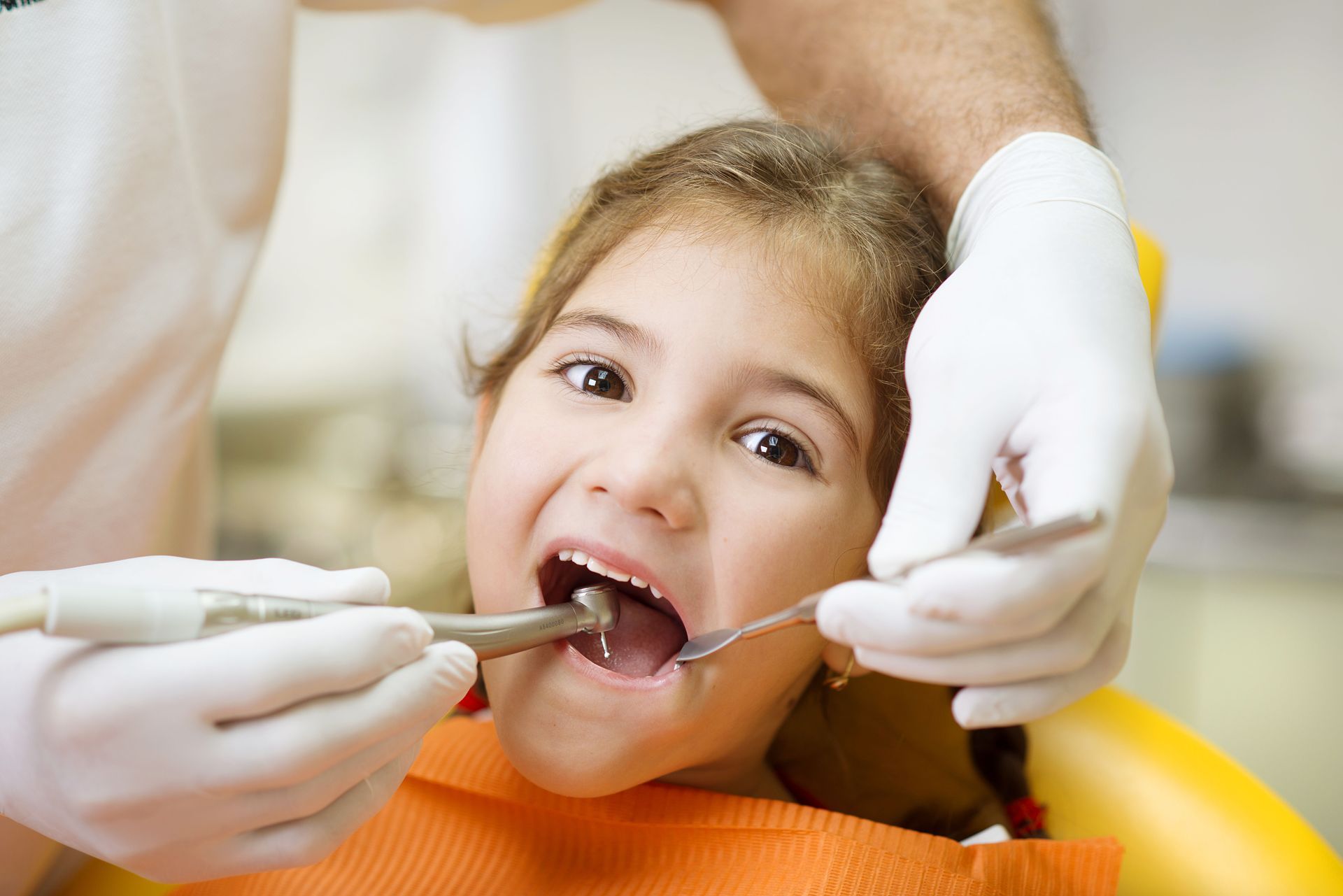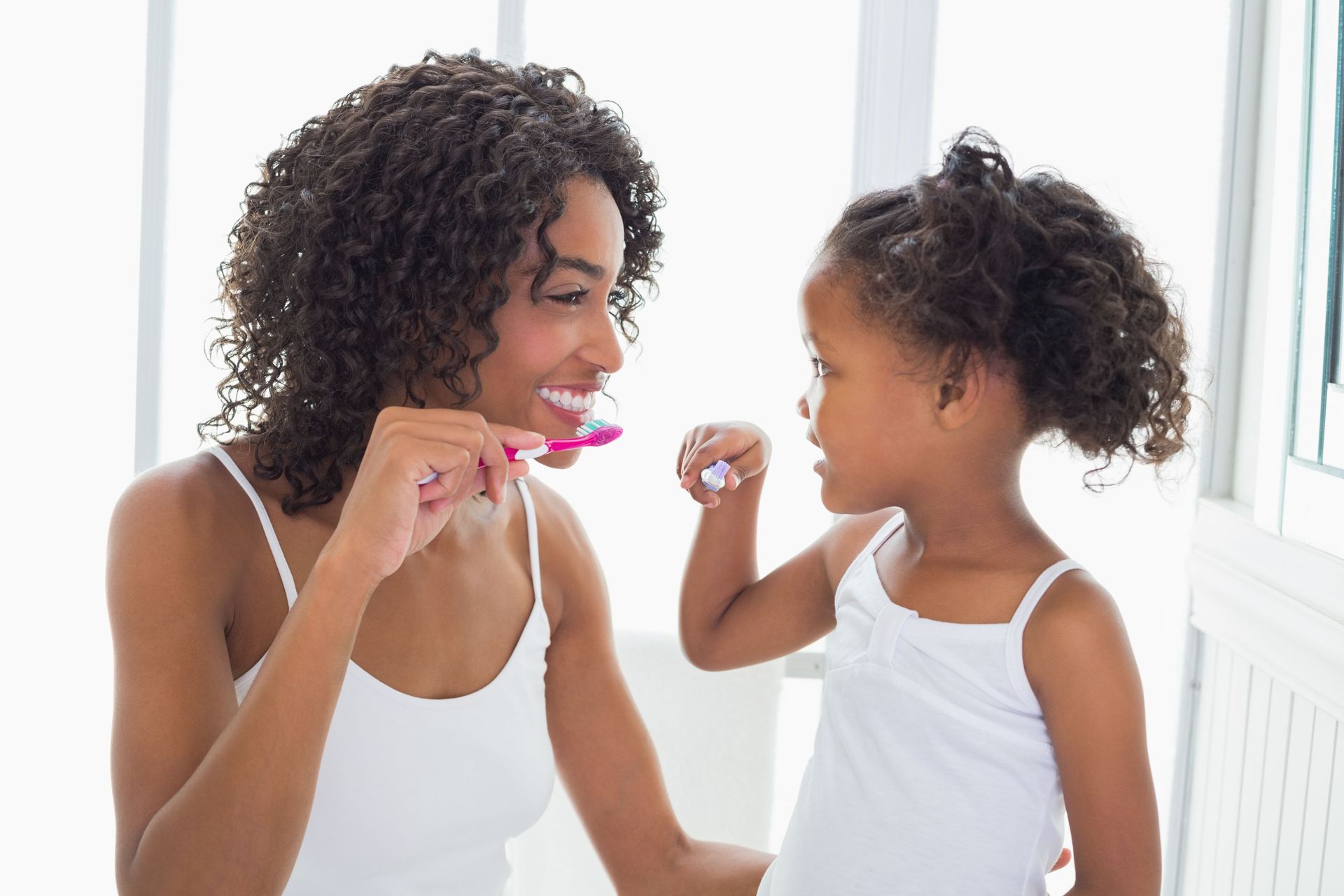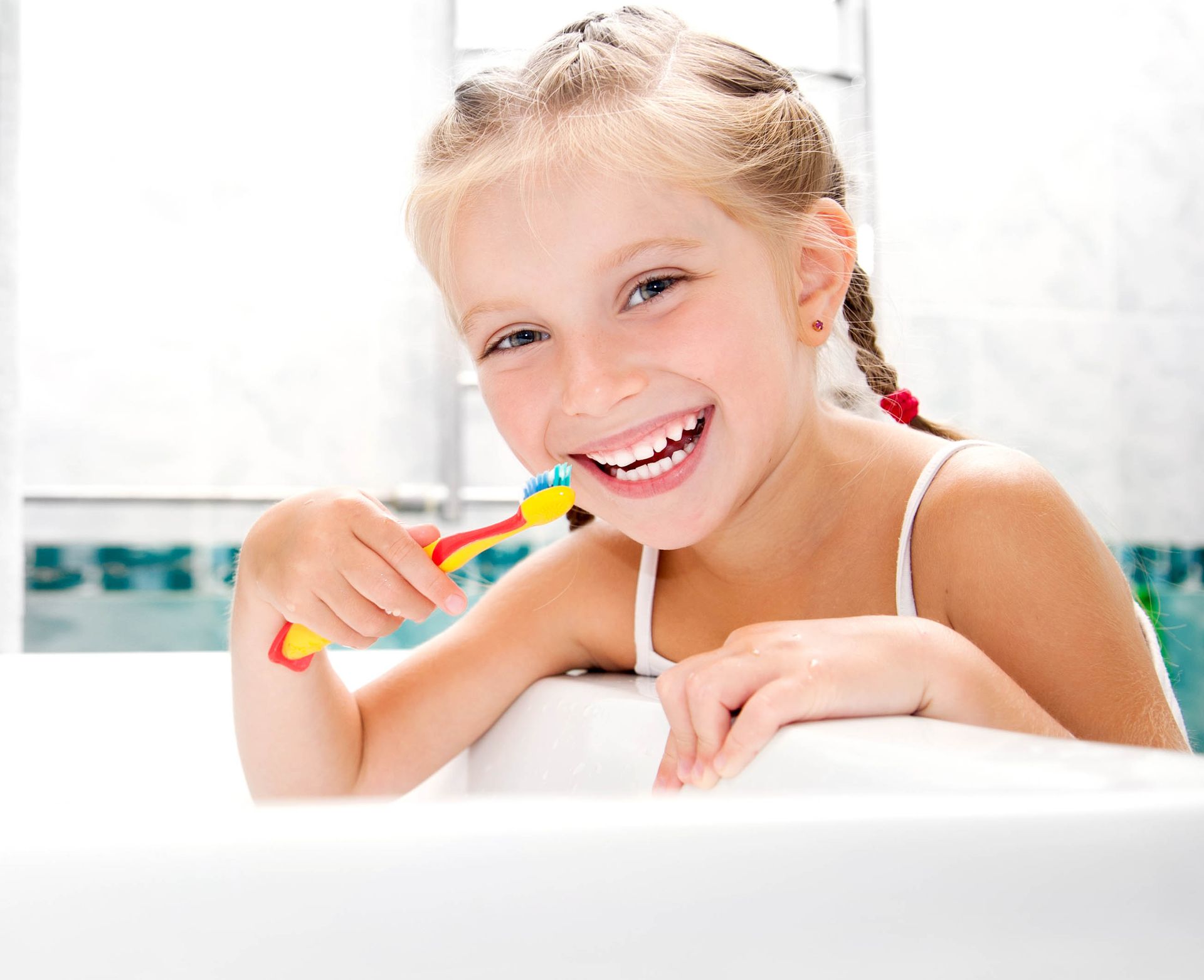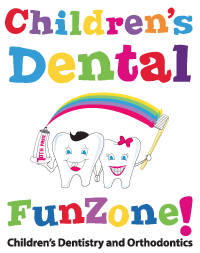How to Help Your Child Overcome Dental Anxiety
Dental anxiety in children is a common issue that can significantly impact a child's willingness to visit the dentist and maintain oral health. According to Stanford Children's Health, young children should begin visiting the dentist within six months of their first tooth appearing, usually around their first birthday. However, many children experience fear and anxiety related to dental visits, which can lead to avoidance of necessary dental care and potential oral health problems in the future. By understanding and addressing dental anxiety early, parents can ensure that their children develop a positive perspective on dental care with their local pediatric dentist and avoid negative associations that could persist into adulthood. Let's look at some practical strategies for parents to help their child overcome these fears and maintain healthy oral hygiene habits.
Modeling Positive Behavior
One of the most effective ways to help your child overcome dental anxiety is by modeling positive behavior regarding dental care. Parents serve as role models for their children, and exhibiting a calm and positive approach to dentist visits can have a significant impact. Children are perceptive and can pick up on their parents' attitudes and anxieties, so it's essential for caregivers to demonstrate comfort and confidence with dental hygiene. For example, discussing your own dental visits in positive terms or letting your child accompany you to appointments can demystify the process and reduce fear. By normalizing dental care and demonstrating its importance, parents can help diminish the anxiety their child feels towards dental visits.
Parents can create a positive dental environment by incorporating regular and engaging oral hygiene routines at home. Making brushing and flossing a fun and interactive activity can encourage a child’s participation and create a sense of anticipation for their next dental visit. Utilizing songs, storytelling, or reward systems can help maintain interest and promote consistent habits. Additionally, involving children in selecting their toothbrushes or toothpaste flavors gives them a sense of autonomy, increasing their willingness to engage in dental care with a local pediatric dentist. When children perceive dental hygiene as a shared family value, it can strengthen their commitment to maintaining good oral health.
Teaching Good Oral Hygiene
Instilling good oral hygiene practices early sets the foundation for lifelong dental health and can significantly reduce anxiety associated with dental visits. Educating children on the importance of brushing and flossing helps them understand how these practices contribute to avoiding the need for painful dental treatments. Parents should aim to make oral hygiene both educational and enjoyable by incorporating games or challenges that encourage regular brushing and flossing. Over time, children will develop a sense of accomplishment and self-efficacy as they learn to care for their teeth and gums independently. This empowerment decreases anxiety, as children gain an understanding of how their actions impact their dental health.
Using stories and characters in teaching oral hygiene can enhance a child's understanding of why dental care is vital. Children resonate well with characters and narratives, and incorporating these elements can make learning about oral health memorable and relatable. Interactive resources, such as storybooks or animated videos that highlight dental care, engage children in a way that direct instruction may not. By framing oral hygiene as an exciting adventure, parents highlight the positive aspects of dental care, making children more receptive and cooperative. This positive reinforcement helps build confidence in their ability to maintain oral health, effectively reducing anxiety.
Regular discussions about oral hygiene progress and addressing questions help solidify good dental habits. Encouraging children to reflect on their experiences, share what they enjoy about taking care of their teeth, or talk about any dislikes ensures continual improvement. These conversations provide a platform for parents to reinforce the significance of dental care and offer reassurance by addressing any concerns promptly. As children receive consistent feedback and affirmation about their efforts, they are likely to develop a sense of pride in their oral hygiene achievements. This supportive environment fosters a positive association with their local pediatric dentist, which helps mitigate feelings of anxiety over time.
Reading Books and Watching Videos
Books and videos catered to children are valuable tools in reducing dental anxiety, as they provide relatable content that demonstrates the importance and process of dental care. Many children’s books feature characters who manage dental fears, offering narratives that children can draw parallels to their own experiences. By seeing characters they admire successfully navigate dental visits, children gain understanding and confidence in their ability to endure similar situations. Parents should select educational materials specific to oral health and dental appointments, using them as resources to open discussions about dental care.
Videos about oral hygiene and dental visits engage children’s visual and auditory senses, making complex concepts easier to grasp. Many educational videos feature animated characters or fun songs that explain proper oral hygiene techniques and what to expect at dental visits. Watching these videos as a family reinforces shared learning and collaboration, creating an opportunity for children to ask questions and express concerns. As children become familiar with dental settings and procedures through this kind of media, their anxiety can lessen significantly. Gaining exposure through these mediums allows children to process dental experiences theoretically, making real-life visits with a local pediatric dentist feel more predictable and manageable.
Incorporating diverse educational resources into daily routines helps fortify the message that dental care is a normal part of life. Revisiting these stories and videos periodically can instill a routine sense of expectation and normalize dental visits as a positive and necessary event. Sharing this educational content during family time also encourages a collective focus on dental health. It opens room for discussion and reflections on how these characters’ stories relate to real-life experiences.
Using Play and Role-Playing
Play and role-playing are effective strategies for curbing dental anxiety, as they allow children to familiarize themselves with dental situations in a low-pressure environment. By using dolls or stuffed animals as “patients,” children can play the role of a dentist and walk through the steps of a dental appointment. This imaginative play encourages children to express their fears indirectly, revealing underlying concerns that parents can then address. Role-playing helps children develop a sense of control over what they might perceive as a frightening and unpredictable process. As children engage in this type of self-directed play, their confidence in handling dental visits tends to improve.
Parents can further support their child's learning by participating in role-playing games, demonstrating how to handle different scenarios that might arise during a dental visit. This cooperative play allows children to practice social interactions, ask questions, and gain reassurance from their parents' participation. Taking on different roles during play can also allow parents to demonstrate possible calming techniques or comforting language that children can use during an actual appointment. Engaging in role-play scenarios where a favorite toy undergoes a dental check-up provides meaningful insights and alleviates anxiety through repetition and familiarization. Thus, children are better prepared for and less anxious about real dental visits with a local pediatric dentist.
Helping a child overcome dental anxiety takes patience, creativity, and consistent support. By creating a positive dental environment at home, teaching good oral hygiene, using engaging books and videos, and incorporating play and role-playing, parents can reduce fear and build confidence in their child. These strategies not only prepare children for visits with a local pediatric dentist but also encourage lifelong healthy habits. With reassurance, practice, and positive reinforcement, children can develop a sense of comfort and familiarity with dental care, transforming what once was a source of anxiety into a manageable and even enjoyable experience. For more helpful tips for easing your child's anxiety at the dentist, reach out to Children's Dental FunZone today!





